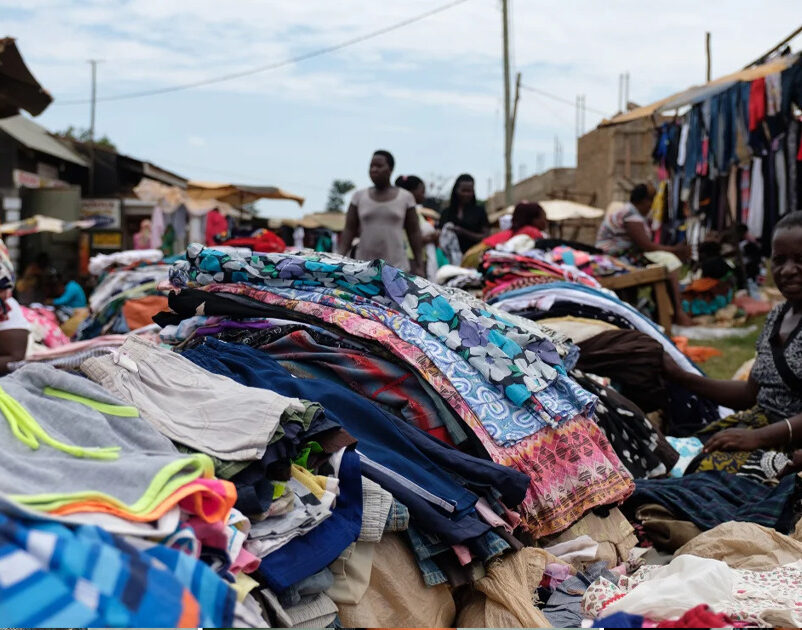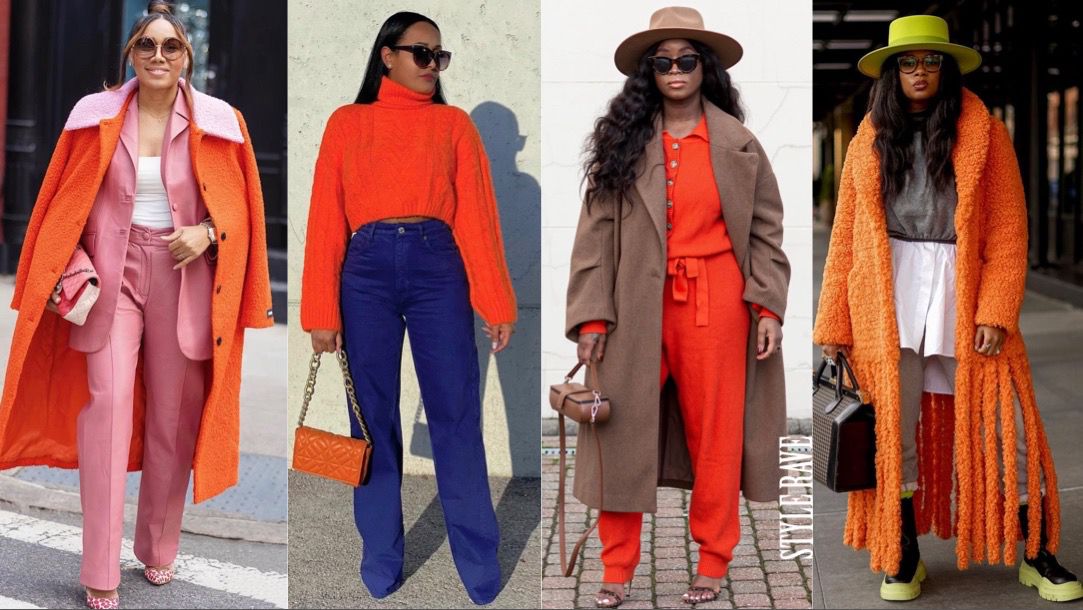
If You Like This Article Kindly Give Us A Share!
Uganda, a prominent African nation, has recently made a decisive move by joining the ranks of countries that are prohibiting the importation of second-hand clothing. This decision stems from President Yoweri Museveni’s assertion that such imports not only hinder the growth of local textile industries but also carry the symbolism of belonging to deceased Western individuals.
This development is in line with the growing discourse on the importation of second-hand clothing across African countries. The debate encompasses diverse perspectives, with some lauding its potential to generate employment opportunities and stimulate economic growth. Conversely, others perceive it as an environmental risk and a stumbling block to the evolution of the indigenous fashion sector.
Drawing from lessons learned in this ongoing debate, certain African nations, including Rwanda, have chosen a proactive approach. They have opted to implement a ban on second-hand clothing imports, thereby creating space for the advancement of their own textile industries.
Uganda’s recent decision reflects a bold stride in this direction. President Museveni highlights that the importation of used clothing not only suppresses the progress of local textile enterprises but also carries the connotation of once belonging to Western individuals who are no longer alive.
Conventionally, Uganda, much like its African counterparts, has been a significant recipient of used clothing imports, a preference often driven by its affordability. However, this practice has faced criticism from domestic manufacturers who contend that the influx of second-hand clothing saturates the market, consequently impeding Uganda’s potential to ascend the value chain within the cotton and textile sector.
Museveni emphasized this sentiment during a notable event—the inauguration of nine factories within the Sino-Uganda Mbale Industrial Park in Mbale city. He lamented the existing barrier that prevents local clothing producers from accessing the market, thereby necessitating the ban on imported second-hand garments.
Uganda possesses a substantial cotton production capacity; however, a considerable portion of this raw material is exported in a semi-processed state. According to figures from Uganda’s central bank, the annual value of cotton exports has fluctuated between $26-76 million during the decade leading up to 2022.
In conclusion, Uganda’s recent decision to prohibit the importation of second-hand clothing showcases its determination to foster the growth of its local textile industry. This move aligns with a broader conversation taking place across Africa, where different viewpoints clash regarding the merits and demerits of such imports. While the affordability and accessibility of used clothing have been advantageous for many, local manufacturers argue that this practice stifles their growth potential and undermines their efforts to contribute to the value chain of the cotton and textile sector.
As Uganda moves forward with this bold step, it remains to be seen how the textile industry will evolve and adapt to this new paradigm. The decision carries implications for the economy, employment landscape, and the overall trajectory of the nation’s fashion sector. The case of Uganda stands as an emblematic example of a nation taking proactive measures to shape its economic destiny by recalibrating its approach to trade and industry.
Read More Like This On
UPCOMING TOP EVENTS!
AFRICAS BIGGEST FASHION WEEK IS HERE!

To Submit stories Email: [email protected] or HashTag #FashionGHANA
Source link




